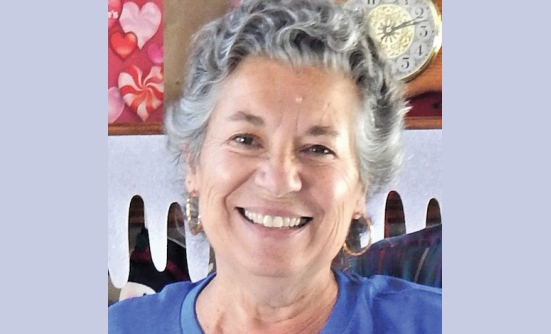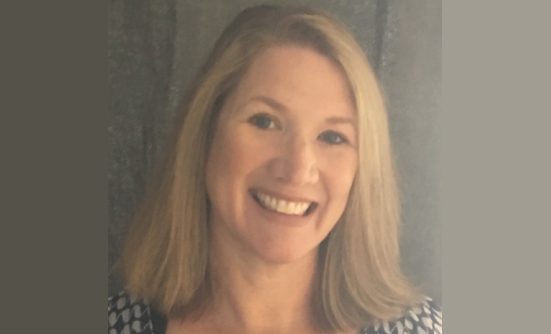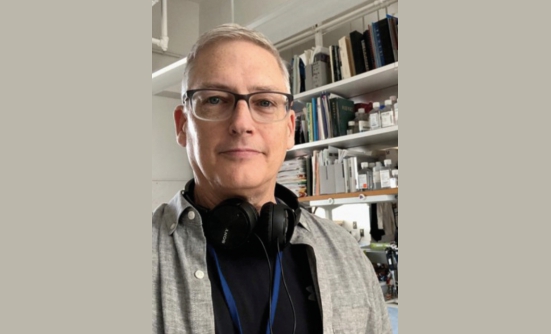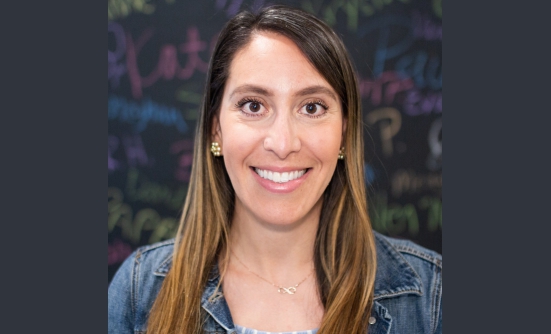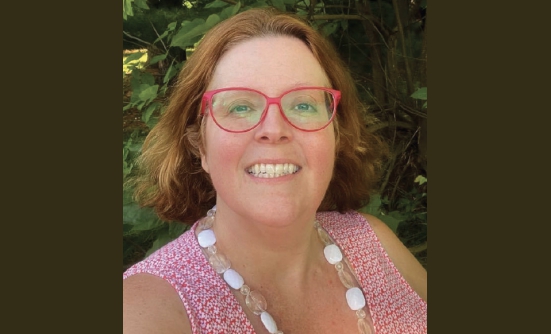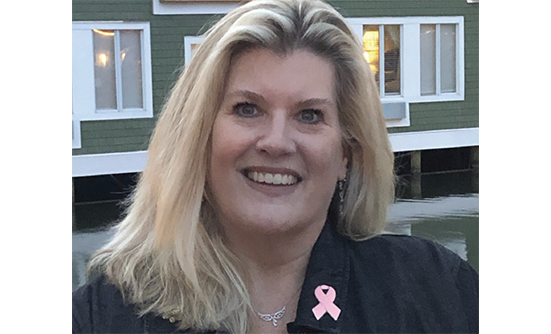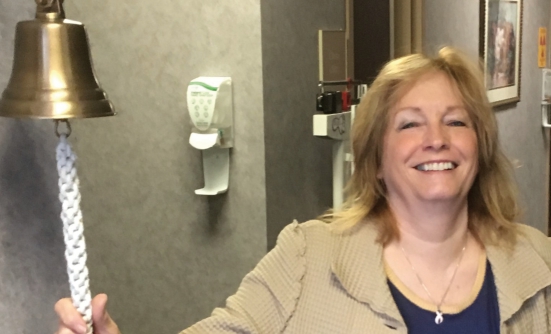A fellow labor and delivery nurse called one Saturday to talk about her new breast cancer diagnosis. As I listened, and offered support, I tried to remember the last time I had done a breast self-exam. When the call ended, I walked to my bathroom, put my hand on my right breast, and immediately knew that I, too, had found breast cancer. Over the next few weeks, my suspicions were confirmed. With no family history or high-risk factors, I was diagnosed with stage III breast cancer. The next year was consumed by a double mastectomy, chemotherapy, radiation, reconstructive surgery, and lots of pink ribbons. Shortly after my 1-year cancer-versary, my hospital joined the Sarah Cannon network and started a navigation program. At the suggestion of my medical oncologist, I applied for the breast navigator position and have been there ever since. I would like to share a few of the valuable insights I have learned from the more than 1,000 patients I have had the privilege to navigate.
Lesson #1: Live Today
Many of us cope with unpleasant tasks by focusing our attention on the end result. Have you said things like, “I will sleep better when the surgery is done,” “I can’t wait to finish chemo,” or “As soon as I finish treatment, I’m going to…”? Cancer is awful. We want to be on the other side of treatments. I’ve learned that even in the midst of all the awful, there is good to be found. There is strength and power when you can stand in the moment.
You don’t have to wait for treatment to be over, for tumor markers to reach a certain level, or for some arbitrary amount of time to pass before you can find joy, do something extravagant, or fully claim your “survivor” status. Survivorship starts at diagnosis. You are living today.
Lesson #2: Reach Out with an Open Heart
Sharing your diagnosis can trigger a flood of well-wishes and offers for help, but it’s hard for others to know how to be supportive. As a navigator, I have had many calls from patients’ friends and family members looking for gift basket ideas. While the demonstrations of support are meaningful, a gift basket may not hold the support items you need. How can your family help? Is there something that a friend could buy or do for you that will make you feel better? If so, tell them! Ask for what you need with compassion. Allowing someone to help will benefit you both.
Lesson #3: It's Okay to be Afraid
You have already encountered one of the biggest fears—hearing the words, “You have cancer.” You were hoping, praying, begging for a different result, but you have survived hearing the news. Now you likely have new fears. How will I tell my family? What will treatment feel like? What if the treatment doesn’t work?
Fear is a normal response to cancer. The sooner you admit to yourself and to others that you are afraid, the sooner you will work through it. Somehow, verbalizing our fear weakens it.
The fear of recurrence or worsening disease affects every cancer survivor I know. Any unexpected pain, new lump, or friend’s diagnosis can bring a flood of emotions. The only advice I can offer is “BREATHE!” Inhale, exhale. Then reach out and share your fear with someone who can support you through it.
Lesson #4: Keep Moving
Before my diagnosis, I had settled into the best health routine of my life. I was going to the gym 2 or 3 times a week for Zumba and yoga classes. Throughout treatment, I continued to attend whatever activities or events I could. I was amazed by the number of people who saw my bald head as an invitation to share their own cancer stories. Without fail, they would say, “I wish I had exercised throughout my treatment! It was really hard to get back into shape after it was over.”
It may seem counterintuitive, but exercise is the only proven way to reduce the fatigue that comes from cancer and treatment. Exercise makes us stronger, it helps release some of the everyday stress, and it improves heart and bone health, which can take a hit from cancer treatment. Look for a place, a routine, or a plan that works for you. Many cancer centers have a wellness coordinator or exercise specialist who can give you specific advice for working through your limitations or restrictions. Don’t wait for the perfect time to start. (See Lesson #1)
Lesson #5: You Have Your Own Story
You may find yourself feeling surrounded by cancer stories since your diagnosis. It may feel like everyone (including me!) has words of encouragement or advice for you. It is important to remember your cancer, treatment, survivorship, and life are unique. Your story is the one that matters. Live it well.







